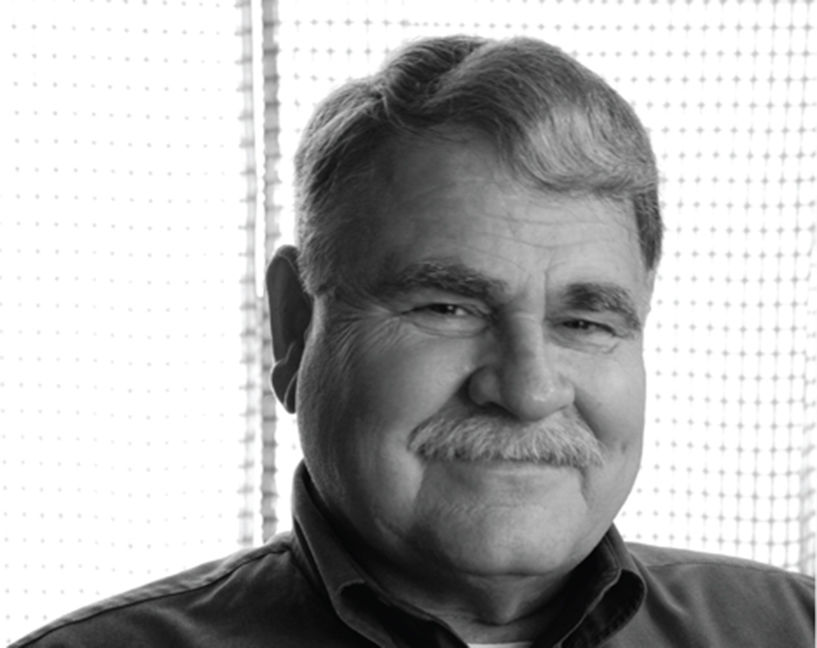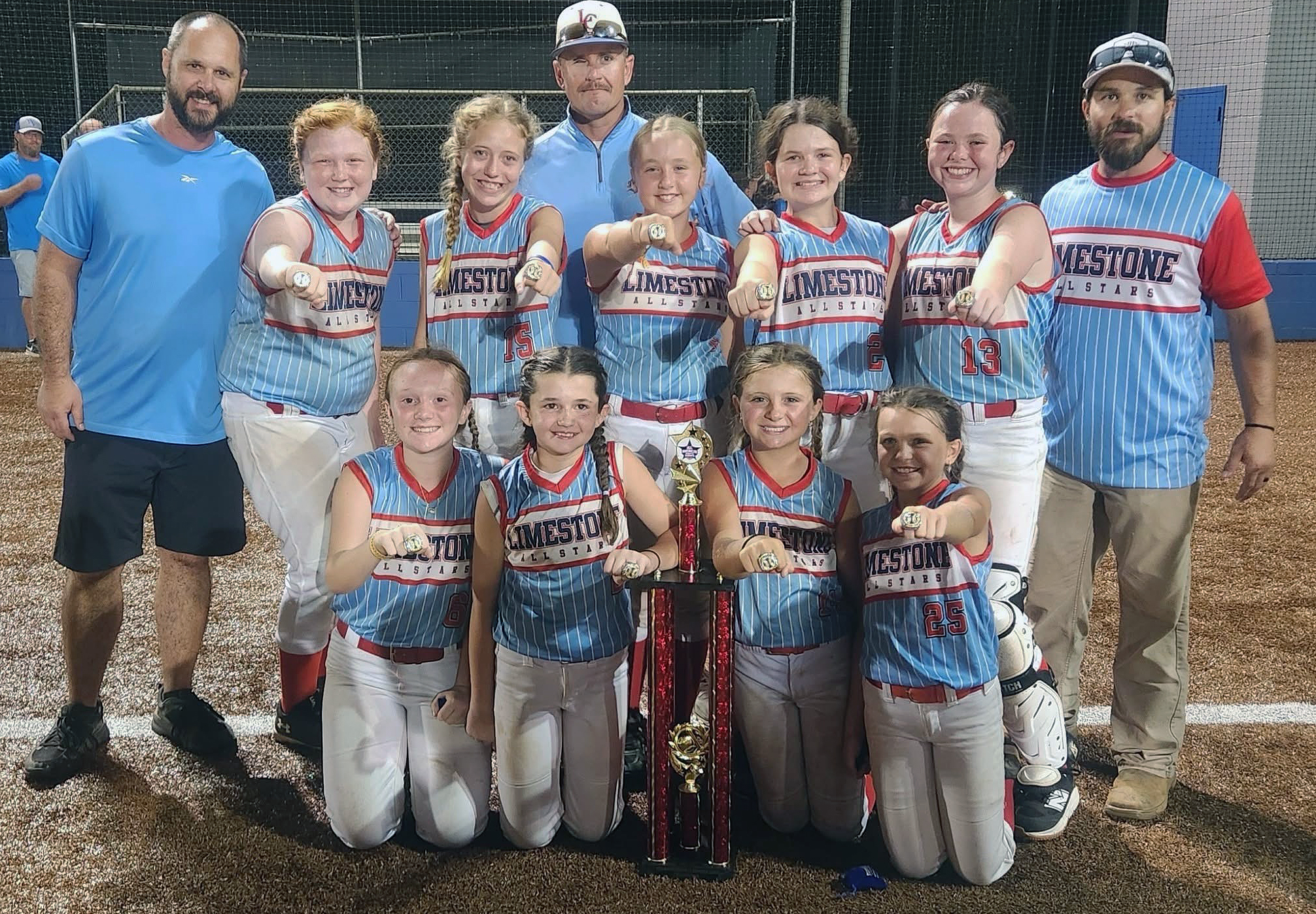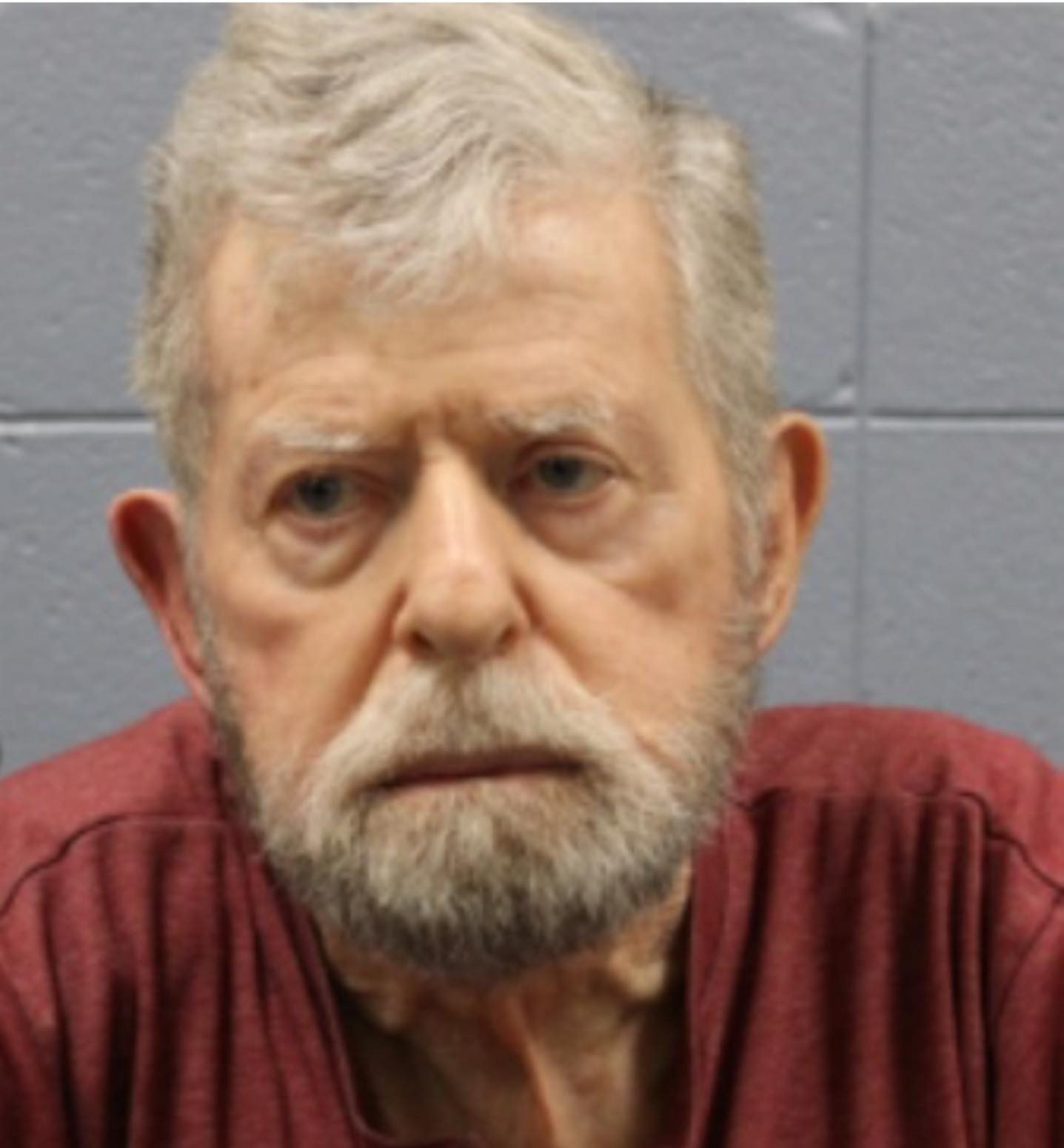Owls Eye: Laws for you, laws for me
Published 12:00 am Wednesday, July 3, 2024

- John Davis
Lots of noise has been spewed lately. It is all complaining about libraries. Apparently, some people object that there are books which carry obscene and inappropriate materials in the children’s sections of not only our library, but in libraries across the state. Hearing this, I wondered what this claim was all about. Seems some folks believe some LGBTQ materials are obscene of themselves. Indeed, they claim holding such books in our public libraries is like leaving “a loaded gun” out for innocents to pick up.
Now, I don’t know if the material they don’t like is the equivalent of a loaded gun, but I do know that no one ever died from reading. In fact, it might also be said that lack of reading is why we have people walking around with real loaded guns. But that’s a question for another day. Back to obscenity.
Trending
We make laws to serve everyone’s interests. We’ve discovered over the years that what serves the interests of the majority, while protecting the rights of the minority, is best. We call this democracy. To achieve this we create governments. Governments make laws. Governments have figured out that the best way to implement laws is to hire professionals. We want safe roads? Hire trained engineers for our departments of highway safety and transport. We want good schools? We seek out professional teachers and educators to implement study plans and instruct our kids. On and on this goes, with every office of government, such as police and fire departments, filled by people whose training is best for the job at hand.
Likewise with libraries. Likewise with librarians. We hire trained professionals with decades of experience to assure modern, comprehensive and thoughtful book collections. Athens-Limestone Public Library has had a superb record in its choices for librarians over the years. All have been professional, one even winning a national Federal Achievement Award in 2024. Similar, thoughtful choices concerning directors and staff have been made in every library across the state. So what happened that Alabama now considers its libraries sub-par?
Seems the Alabama Public Library Service wants money taken away from any system which doesn’t comply with new guidelines about obscene and inappropriate materials. Of course, the guidelines are so vague the finest minds can’t seem to figure them out. Time was, if a parent didn’t like a book, or thought it inappropriate, they could discuss it with one of the library’s professional staff. In that way, problems were best solved at the lowest possible level. Now APLS wants written policies to control what others see, decided by a local board, not a professional. These complainers no longer want a professional, but rather a politician or specialist advocate on some board to decide what your children read. This no longer seems to be about obscenity. This is about control.
Since no one can articulate what exactly these anti-obscenity measures are which will deny a book a place in the library, this will lead to local free-for-alls. How about this? The parents who object have no vote in what my children, or the children of others, have available to read. Up until now, we’ve left that to the professionals. So how about this? Parents with objections must accompany their kids younger than 18 to the library and personally approve their selection of reading material. They must personally account for the movements of their children at the library, because nothing really keeps them from wandering into the adult section. Librarians are not their babysitters.
And then there’s more. Seems those who want new policies really want to eliminate books explaining sex from any public forum. Could this be a clue why Alabama’s teen out of wedlock births are so noteworthy? If some don’t want to read about and understand gays or others, why should that be a problem of mine? If I want to have those materials available, which help explain about other people, what’s wrong with that?
Democracies work when we understand compromise. If you believe materials are wrong, there is a means of objecting through established library procedures. You may discover you are right, and a wrong corrected. Then you might find you aren’t. When you aren’t, you have no right to command others to follow you.





